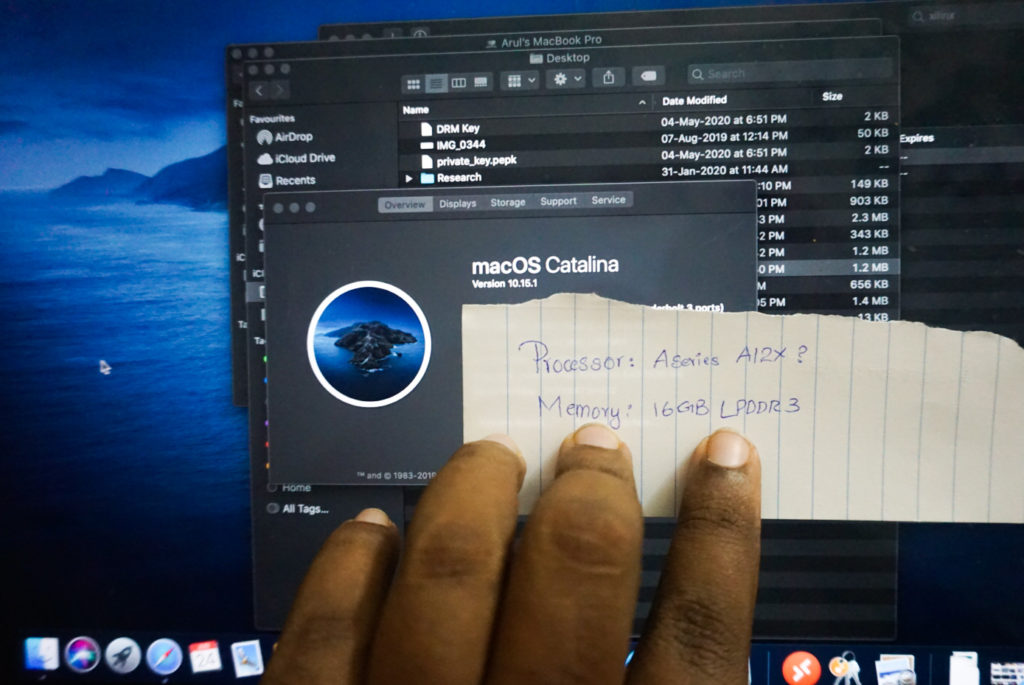Motorola 68k – A 32 bit processor series used in Macintosh II by Apple. A 16/32 bit processor that was popular among the companies making personal computers. Later in 1990’s Apple switched to a Power PC based processor for its Mac lineup of computers. Finally in 2005, Steve Jobs announced that Apple would be transitioning from Power PC based processors to Intel x86 based systems. And that was that. Relationship between Apple and Intel has been smooth ever since then.
Recently, Apple announced in WWDC that it would be transitioning from Intel once again to in-house custom ARM based computers. Why the shift now ? Let’s take a deeper look shall we.
When Apple transitioned into Intel from Power PC, one of the reasons for that was because Intel processors offered better performance per watt when compared to Power PC’s. More recently, Apple has been making laptop computers that are more thin, lightweight and compact. Take the Macbook for example, it is one of the thinnest laptops in the market. And to achieve it, Apple had to make the fan much thinner than other traditional laptop manufacturers. As a result of smaller fans, the systems were not very efficient to dissipate the heat it makes.
The MacBook Pro, the Pro lineup of systems from Apple has been criticized innumerable times for making an inefficient cooling solution. When it comes to computers heat is bad.
Another effect of making thin and lightweight laptops is the processors in them are so bad. They do not carry the horsepower to do powerful tasks like video editing.
Intel has been doing its best to make its processors much more thermal efficient. But another thing that was happening in the background was that Apple was producing ARM based processors for its iPhone and iPad lineup and guess what ? Its latest iPad Pro with ARM based processors outperforms its Mac lineup on benchmarks. Not only its ARM based line-up of processors in smartphones were powerful, it was power efficient and thermal efficient making them a perfect alternative to Intel based processors.
It’s not only Apple, Microsoft has been tinkering with ARM much earlier than Apple. Windows 8.1 has a special edition to run specifically on ARM based processors. It’s recent launch the Surface Book X runs on an ARM based processor made by Qualcomm.
But it doesn’t mean it’s the end for Intel based Macs. When you give enough wattage, Intel processors far outweigh ARM based computers. It is capable of handling many complex processes unlike ARM. I seriously doubt if Apple would be transitioning into ARM for its Pro series computers. I rather think that ARM based computers would become a common platform for notebooks in the near future. But it’s not all certain though. Amazon has implemented ARM based SOCs for its AWS server infrastructure. So theoretically, Apple could churn out a Pro system that is capable of competing with its Intel counterparts.
One thing is certain though. It’s a tough time for Intel. With increasing competition from AMD, Intel has certainly lost one its important partners, a black mark in its history though.
With its transition to ARM, Apple could now tightly integrate its operating system with the processor much like in the iPhone bringing much more functionality into the OS. A common architecture among three platforms (iPhone, Watch OS, Mac) would certainly open up lots of opportunities for Apple to tightly integrate the ecosystem making it harder for consumers like us to leave them without second thought.
What’s your take on Apple’s transition to ARM based processors ? Comment below.
Authored by Arul Prakash Samathuvamani – arulprakash@lecommentator.com
